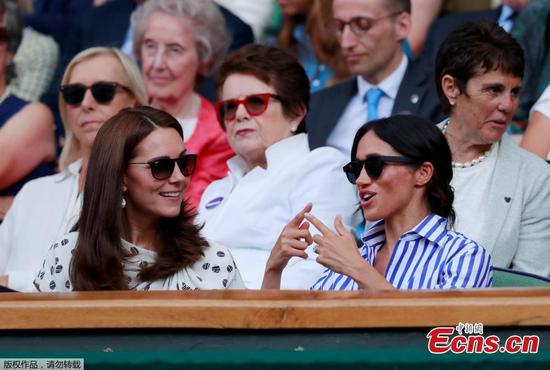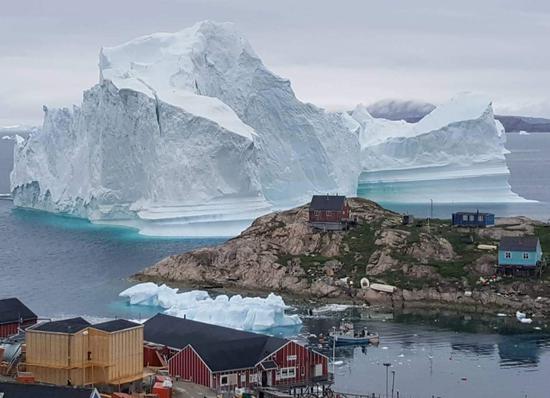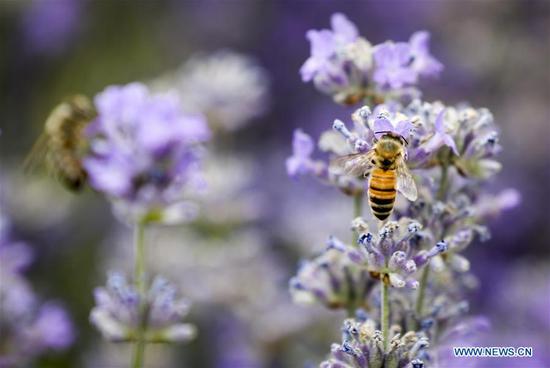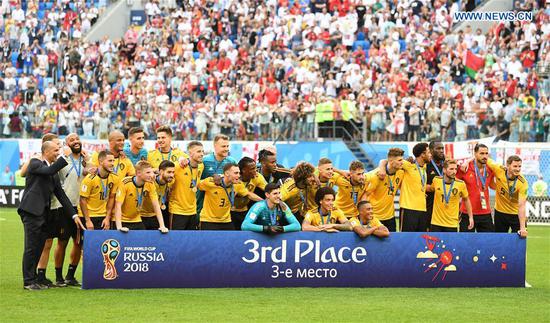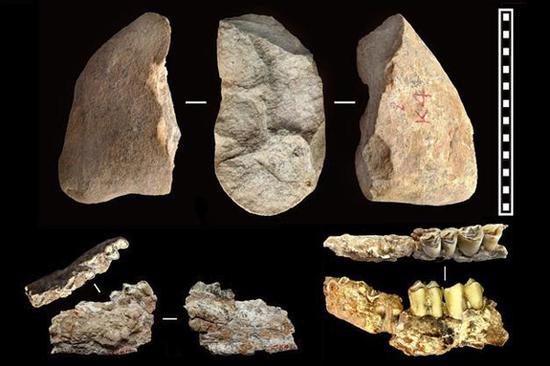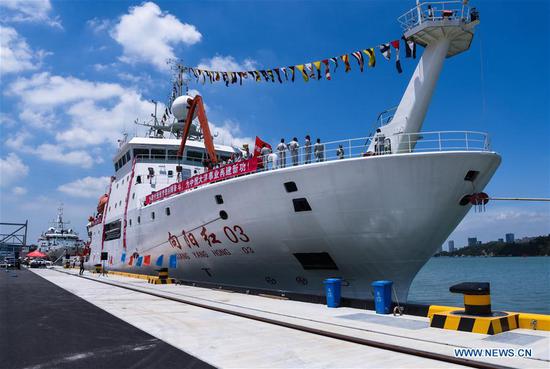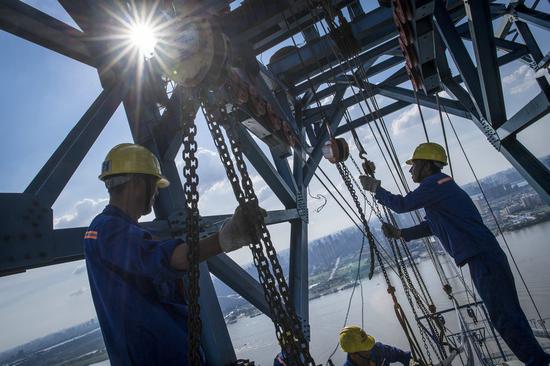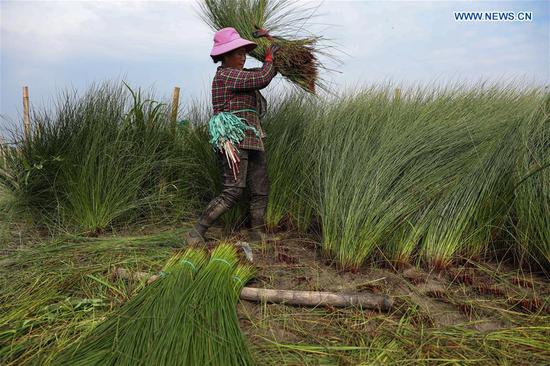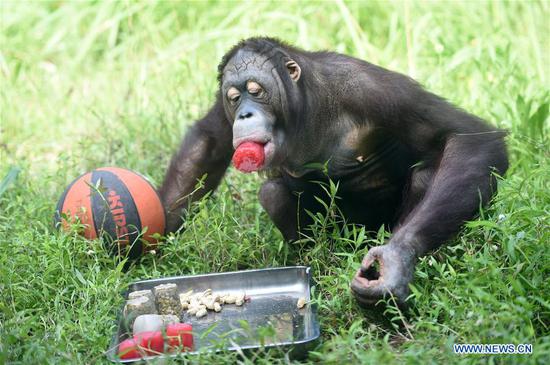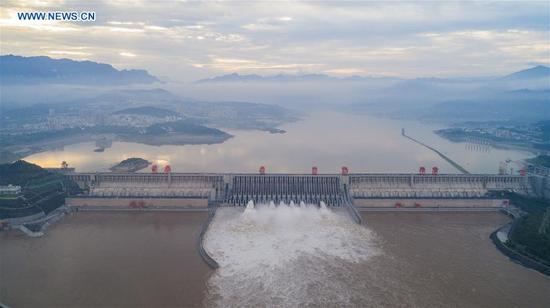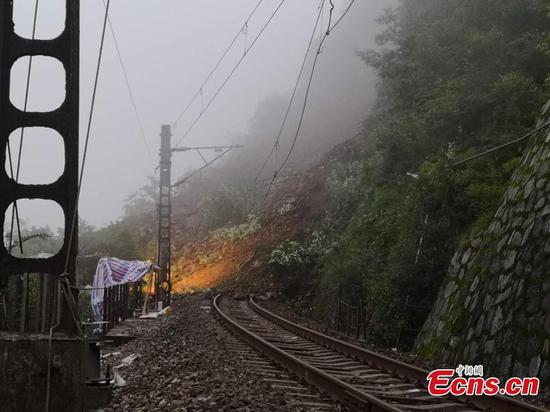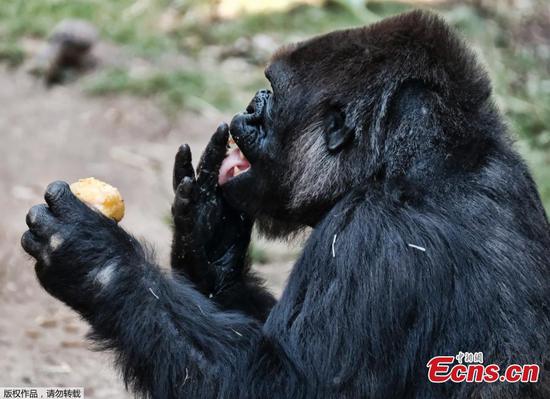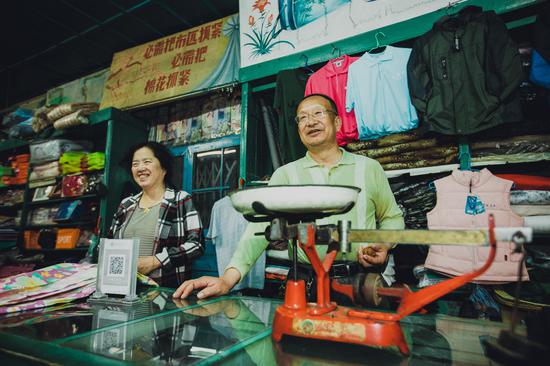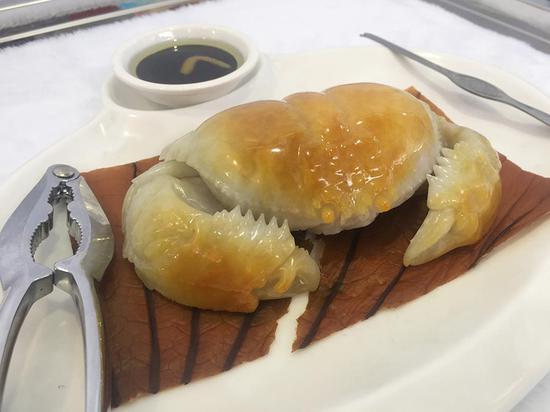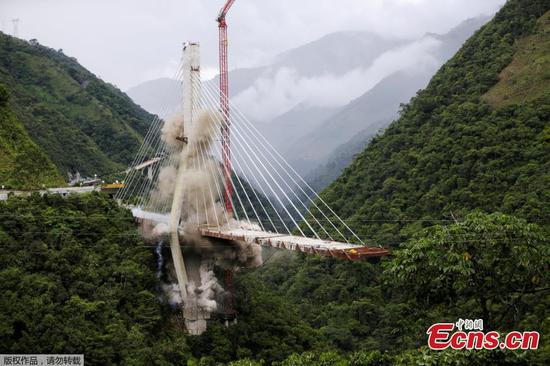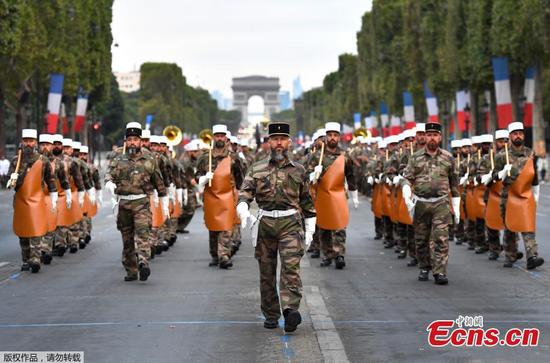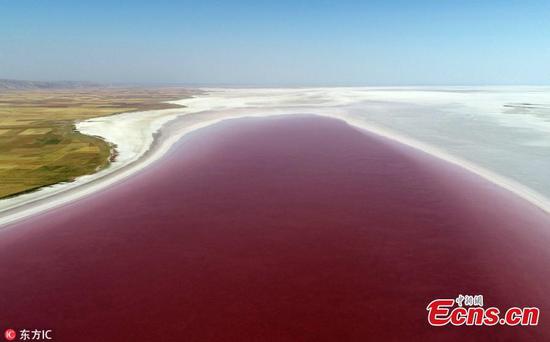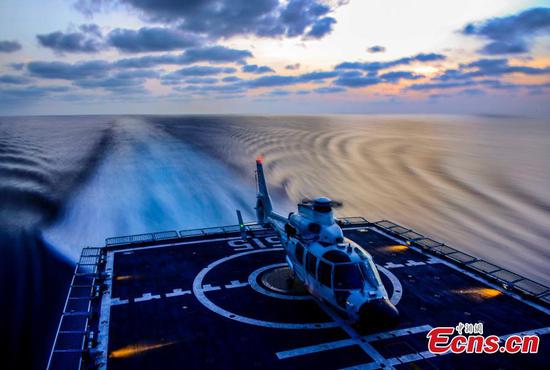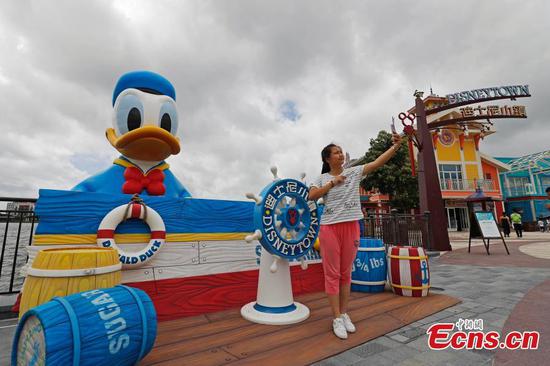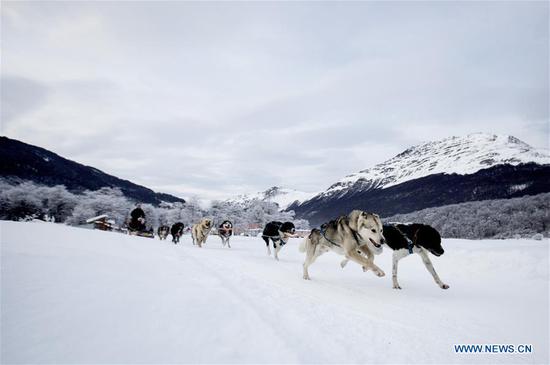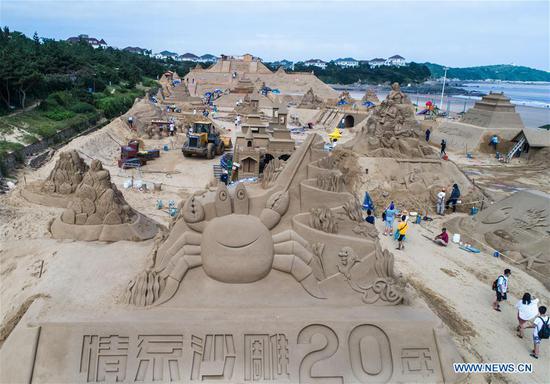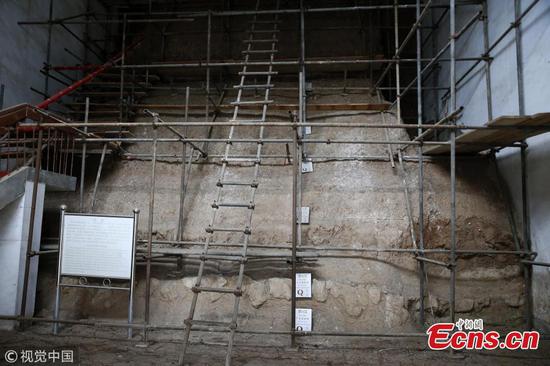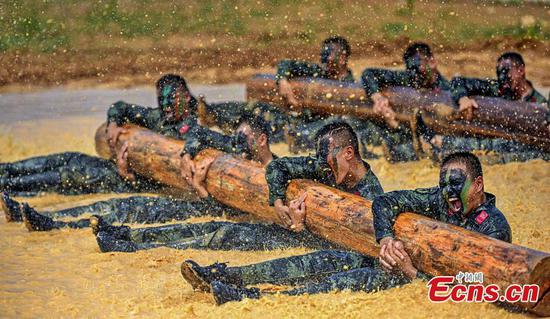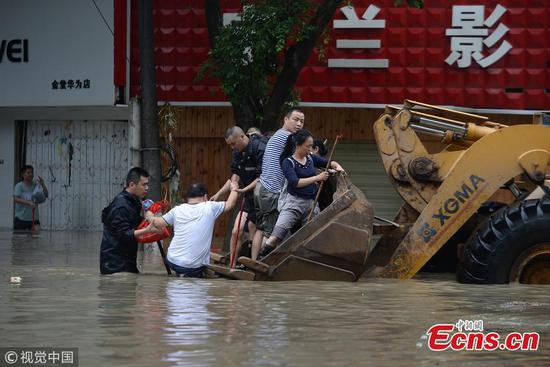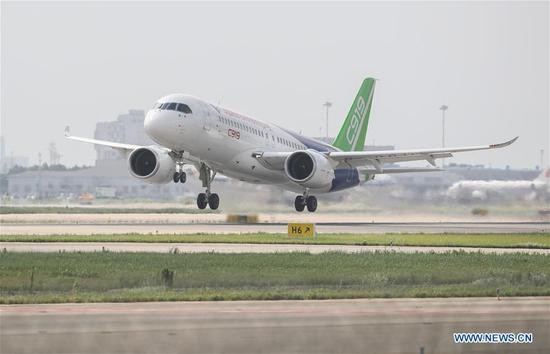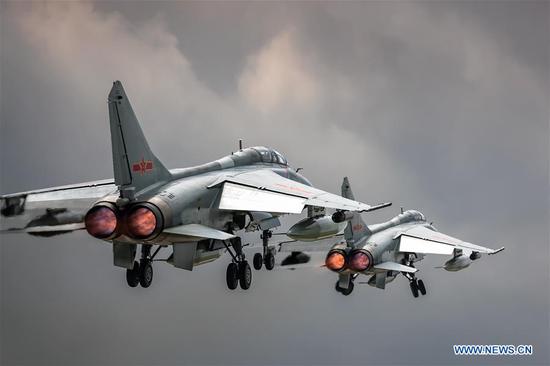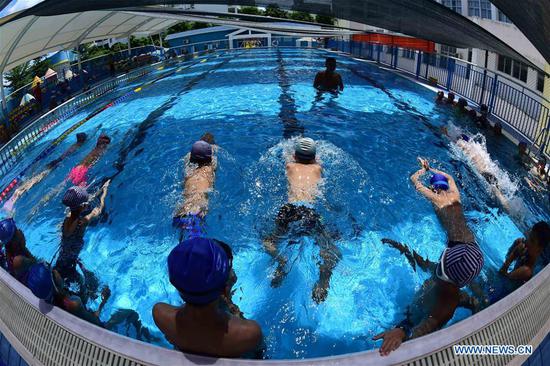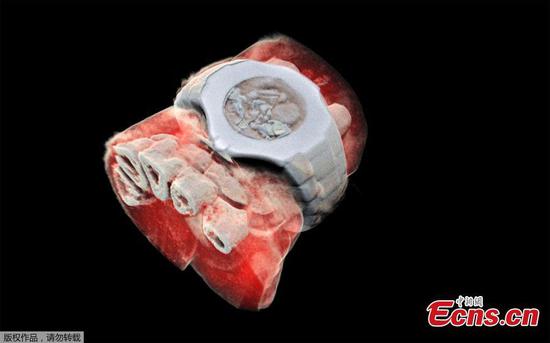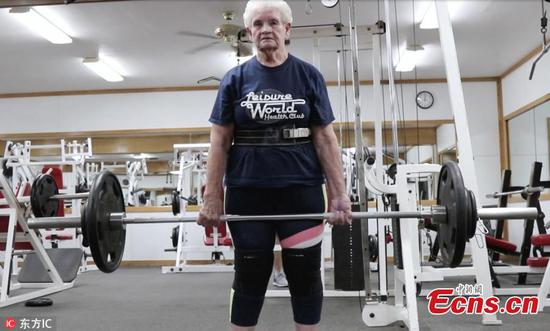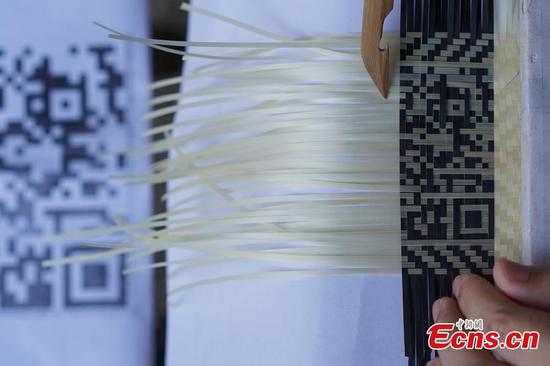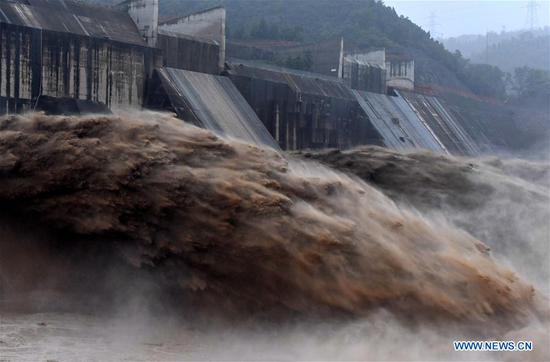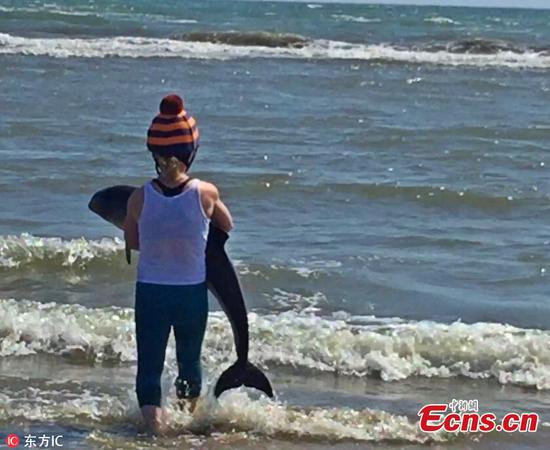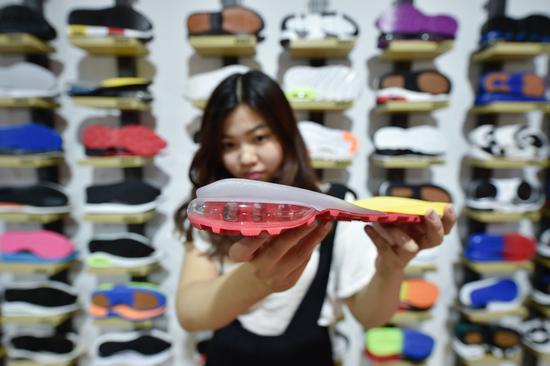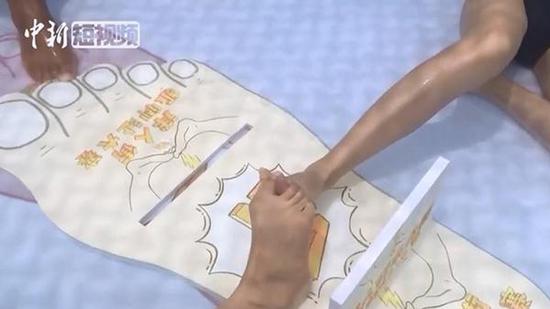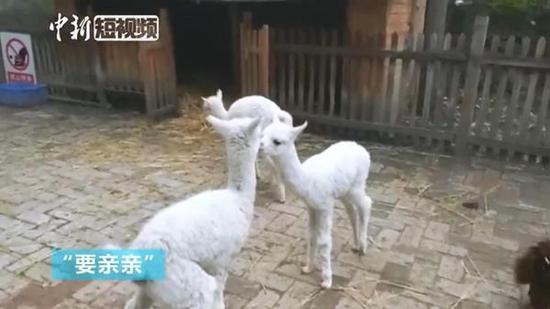U.S. President Donald Trump will meet his Russian counterpart Vladimir Putin on July 16 in Helsinki after his NATO trip in Belgium and a visit to Britain, which will be the first full summit for the two leaders.
At a time of uncertainty in the U.S.-Russia relationship, the encounter is an important step forward in clarifying the ties that make Helsinki significant.
Why Helsinki?
The historical role Helsinki played in U.S.-Russia relations and practical concerns of both leaders make the city a good choice for the talks.
"Finland is seen as an easy place to arrange meetings in a relatively peaceful place, a bit apart, and there is the symbolic significance too," said Mika Aaltola, an analyst of Finnish Institute of International Affairs.
Neutral Finland attempted a balancing act between East and West during most of the Cold War, which makes the capital Helsinki a place of choice for talks between the U.S. and Russia.
The most significant summit hosted by the city was in 1975, while U.S. President Gerald Ford met with the Soviet leader Leonid Brezhnev for talks that produced the “Helsinki Accords".
"Finland was an in-between country in the Cold War era... It wanted to form this bridge and stressed its neutrality in its relations with the superpowers," said Teija Tiilikainen, director of the Finnish Institute of International Affairs.
Not a member of NATO, which is the military alliance founded in the wake of WWII to protect Europe from potential Soviet aggression, seems the second reason why the city is chosen.
Its non-NATO status offers Trump the chance to make the kind of symbolic gesture that carries significant weight in international relations.
Leaving NATO territory to meet with Putin symbolizes the move that will underscore his recent criticisms of NATO leaders as he pressures them to increase their defense spending and thus lighten the American load.
Also, the choice is practical as Helsinki is located just three hours by train from Saint Petersburg and one hour by plane from three Baltic states now part of NATO, which makes the city convenient for both leaders as Trump is already in Europe while Putin was in Moscow on Sunday for the World Cup final.
Moreover, Finland’s President Sauli Niinisto contributed to the strong ties with the pair: He is the person that was one of the first to congratulate Trump on his 2016 election victory and invited Putin in several of Finland's independence celebrations in 2017.
Speaking of the meeting, Niinisto confirmed his stance that his country is always ready to offer good services if asked, illustrating his attitudes to continue the positive relationship with both the U.S. and Russia.
What will be discussed?
U.S. Secretary of State Mike Pompeo is confident that the topic of the election meddling will be addressed during the summit.
Syria is another contentious topic between the two countries, with Putin supporting Syrian President Bashar al-Assad's government and the U.S. backs other factions in the country.
An array of geopolitical issues, notably the Ukraine conflict will also be part of the discussion, the U.S. president said at the White House on June 27.
Trump: 'Putin is not my enemy'
Before heading to Europe, Trump mentioned that Putin is not his enemy.
“Somebody was saying, is he an enemy? He’s not my enemy. Is he your friend? No, I don’t know him very much. Hopefully, someday, he’ll be a friend. It could happen.”
The president's gesture hints at a potential sign that the meeting may help Trump build trust and friendship with Putin rather than clear misunderstandings and reduce tensions on issues where the two sides have common interests.
Not sure whether it is good news for Trump administration, but it is a good one for his Russian counterpart.
Is Putin already the winner?
"Putin has already got his victory," said Andrey Kortunov, head of RIAC, a foreign policy think-tank close to the Foreign Ministry.
"It allows him to make his point that Russia is not isolated, that Russia is a great power, and to some extent can even claim an equal status with the U.S., at least in the security field."
Trump's rattling of NATO and his attendance might be serving Putin's interests.
Concerns also raised from the U.S. side as Alexander Vershbow, a former U.S. ambassador to Russia, noted that Putin is able to charm Trump into changing his position or dropping longstanding U.S. positions if he’s alone with him for too long.









